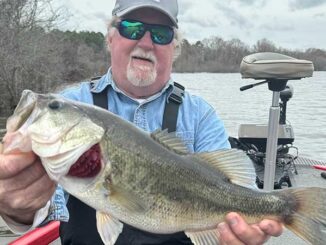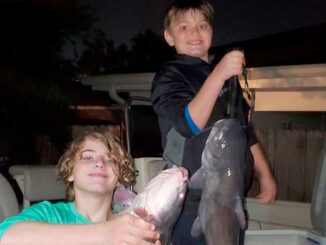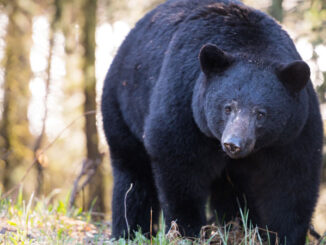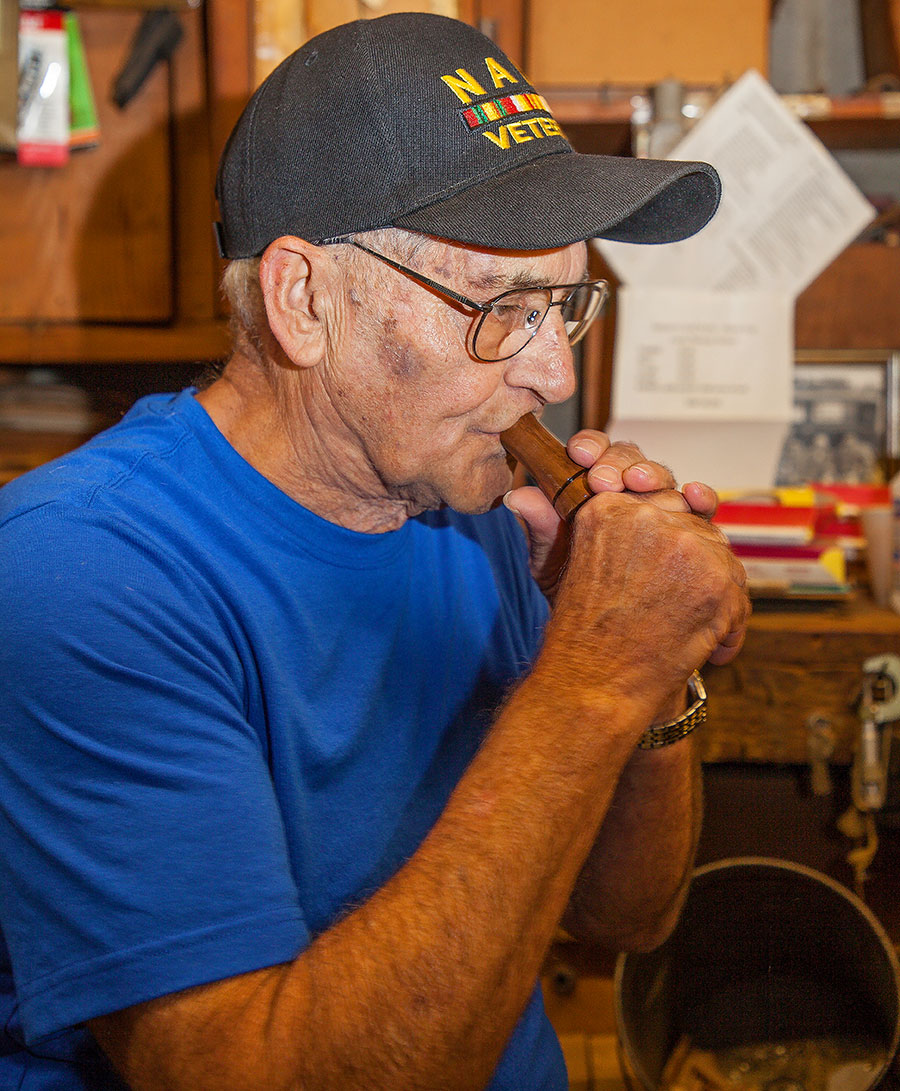
Waterfowl legend Art LeJuene has been tuning duck calls for the past 56 years
Against the low background noise of a humming wood lathe in an adjacent room, Art LeJuene puts the final touch on a duck call he’s adjusting the reed on. Once he gets it just right, with a rawhide mallet he gently taps the barrel onto the keg that holds the voice trough, reed and wedge.
Well satisfied with the way everything looks, LeJuene raises the call to his lips and blows out a raspy series of mallard cadences that all waterfowl hunters know by nature. The sound fills the small cinder block and wood frame building where four generations of Faulk family members have produced legendary game calls.
The 78-year-old LeJuene rolls the call around in his weathered and wrinkled hands, then turns in his workstation chair where he’s now facing me.
There is a glow in his countenance and a smile in his eyes when he says, “Now you try!”
As an average caller, sheepishly I smile back and reluctantly take the call from him. This is like doing a singing audition in front of a panel of judges that includes Whitney Houston, Elvis Presley and Mariah Carey.
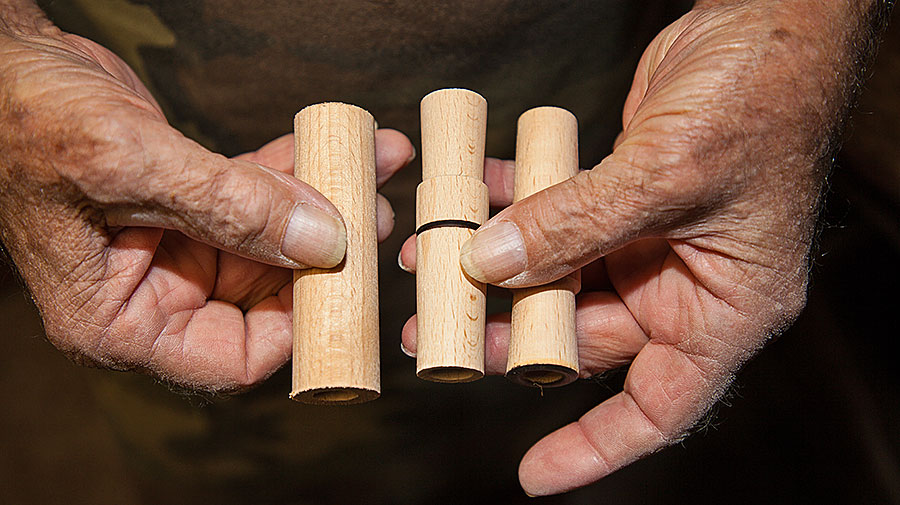
Sounds like a duck
Sensing my timidity, LeJuene, sounding like a commercial, said to me, “Ducks are like people; they don’t always sound alike. These calls are easy to blow; we make them that way. If you can make any sound at all, it’ll come out sounding like a duck.”
He goes on to tell me that he doesn’t sell that particular call.
“I make them for my friends,” he said.
That was all the confidence I needed to blow out a basic quack, followed by a hail call, with a final series of chuckles.
When I finished with the last of my, “tuk-a-tuk, tuk-a-tuk, tuk-a-tuk-tuk-tuk,” LeJuene smiled. I knew I had sounded like a duck is supposed to, thus making a good account of myself.
LeJuene’s family moved south of Lake Charles in the early 1950s, when their father purchased a 320-acre parcel of farmland off LA-14. Times were hard then.
LeJuene was one of nine children growing up and unable to finish high school as his family eked out and made a hard scrabble living farming rice. LeJuene said he had to quit school and go to work so the family would have enough money to survive; something that’s hard for most people to imagine today.
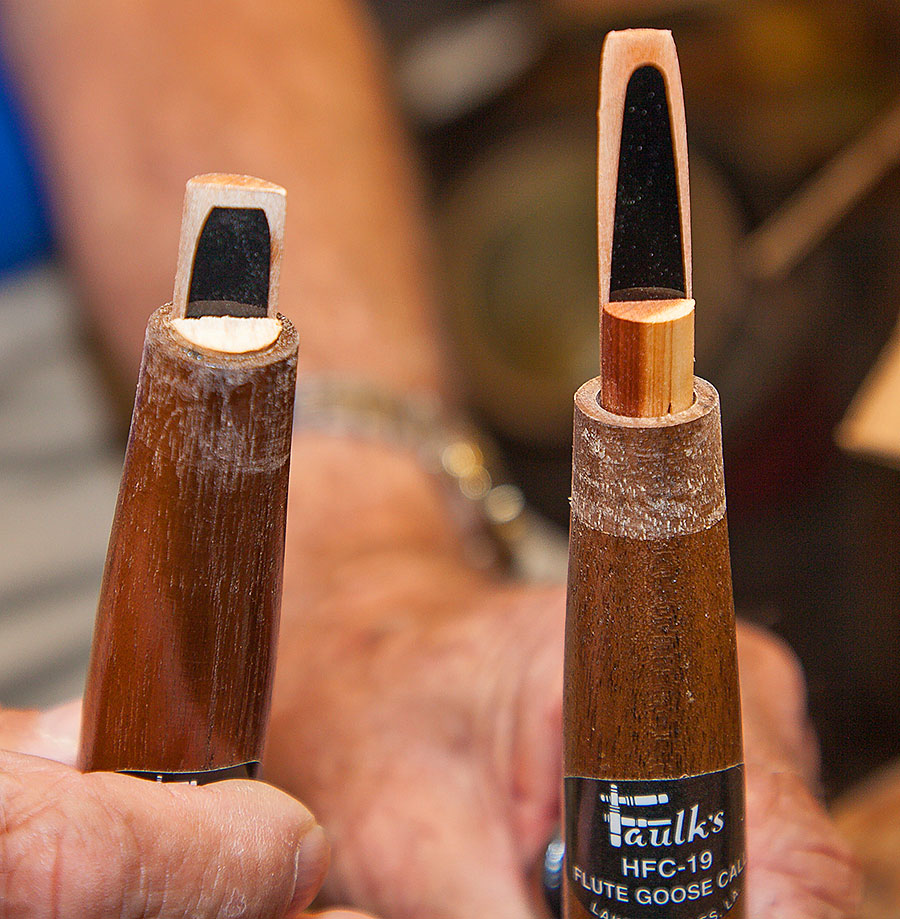
LeJuene said years ago he would go hunting with his father, but it wasn’t for sport like hunters mainly do today. They hunted for a reason he emphasized.
“It was for our winter meals,” LeJuene said. “Without ducks to be able to kill through the wintertime, you’d be in bad shape back then. Now you can go over to the grocery store and go buy what you want. Back then, we didn’t go to the grocery store, we raised everything for ourselves.”
Started young
LeJuene talked about how they didn’t have combines to harvest rice like today. Instead, a John Deere D Model tractor pulled a threshing machine that separated grain from the stalks and husks. The straw would be left in large piles that LeJuene and his father would hide in to kill ducks.
“I made my first hunts when I was 5 or 6,” LeJuene said. “What Daddy would do is wait until the ducks would come, where we were threshing, because some of the rice would fall on the ground. The ducks would come there to eat it and he would wait until it was black with ducks and then he would shoot three shots. We’d pick up ducks by the sack full.”
“That’s not what you were supposed to do,” LeJuene continued, “but that’s what we had to do to be able to have enough food in the winter.”
In the late 50s, LeJuene and three of his brothers joined and served in the U.S. Military during the Vietnam era.
Hired in 1968, by the late Paul “Dud” Dudley Faulk, LeJuene has literally tuned over a million calls for Faulk’s Game Calls these past 56 years. In fact, making calls is the only job LeJuene has ever had since his discharge from the United States Navy.
In every corner of the shop there is something with a light layer of saw dust collecting on it. What may be cluttered shelves and floor space to the onlooker, is a small piece of paradise for the duck hunter or woodworking craftsman who visits. Even the faint musty smell of old wood and lacquer mixed with years of Louisiana humidity isn’t offensive. Everywhere, there is something that intrigues your senses.
A CNC machinist would marvel how Dud Faulk and LeJuene modified lathes, drill presses, sanders, molding machines, and jigs over the years to make Faulk’s iconic calls. Down to the boxes they are shipped in, each call in its simplicity is an exquisitely handcrafted piece of work unmolested by today’s computer driven technology.
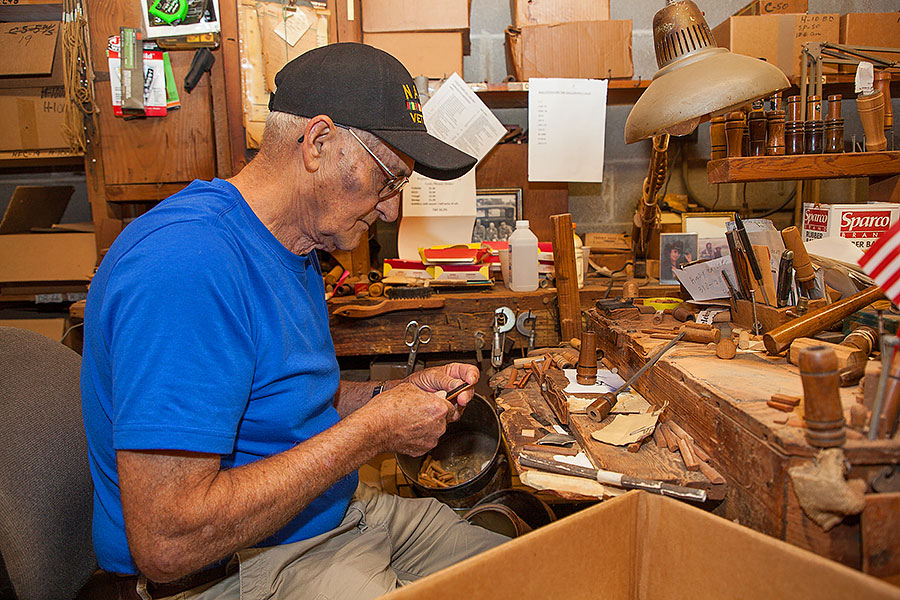
Fine tuned machines
LeJuene, who has never played a musical instrument, said “the machinery — everything — we’ve bought over the years has been altered. I can show you a press that was made for bearings we modified to make calls. There are no gauges for adjusting things like the reed. This is all done by ear, by sight, and just — I don’t know how to say it — it’s just something you know is right and sounds right.”
LeJuene is more than a call maker for Faulk’s, he’s an ambassador. Outfitters from around Lake Charles have gone into the shop to get their calls tuned. LeJuene said he’ll bend over backwards for somebody who helps him and provides him with a living.
“They always come back, because where can you find a guy that will stop what he’s doing to help you right then? They don’t have that anymore,” LeJune said. “That’s the way business used to be done. Now it’s, ‘press 1, press 2.’ You’re talking to a machine. Machines are fine, but I tell everybody, if something goes wrong, I’m the one who set it to do what it’s supposed to do, so y’all call me — it’s my fault.”
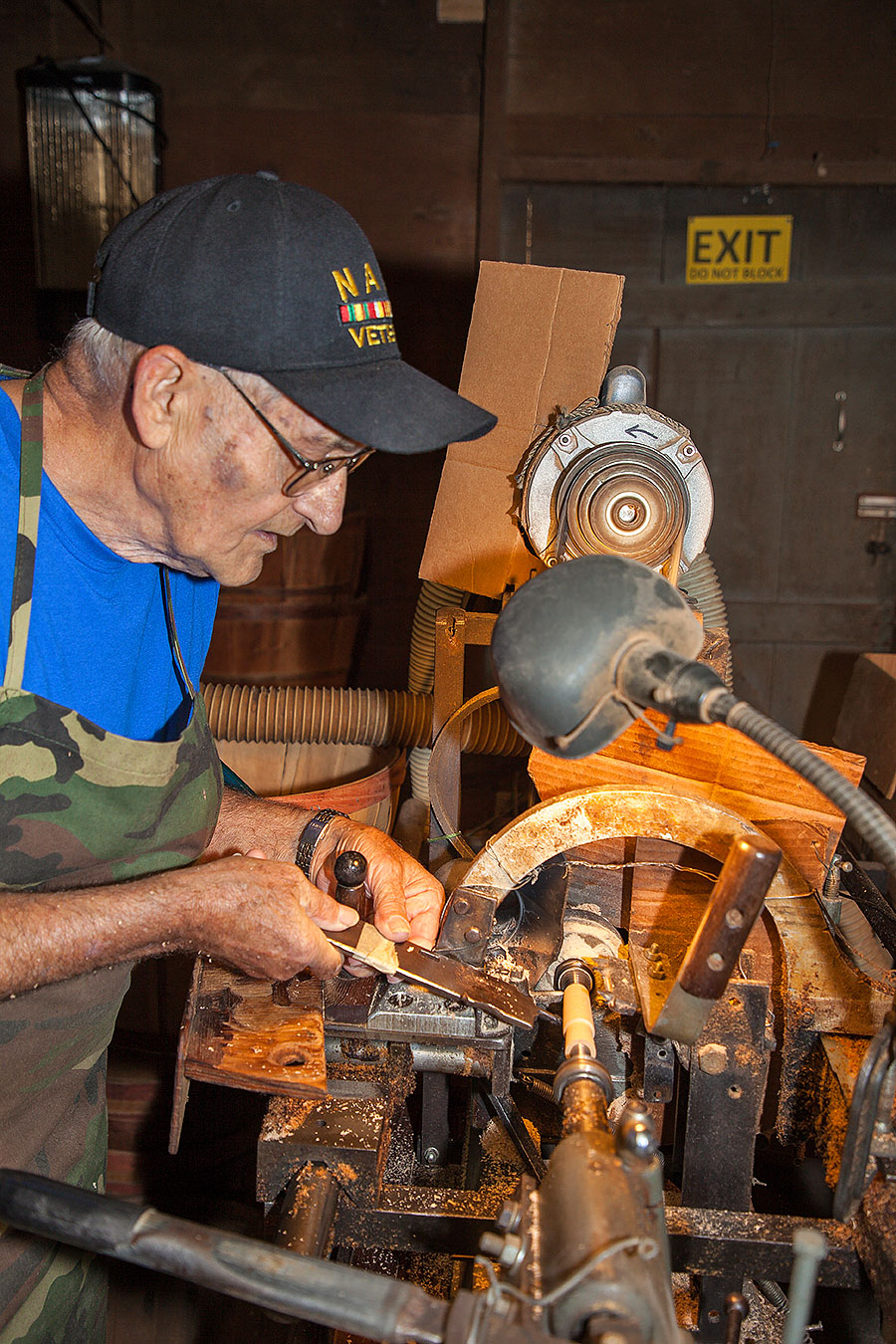
Faulk’s Game Calls wasn’t the first commercial call making company in the U.S., but the company’s history goes back to the mid-1930s when the late Clarence “Patin” Faulk, the family patriarch, started making calls.
Today, Faulk’s currently makes about 45 different calls according to LeJuene. As times have changed, there is no longer a demand for some of the calls the company previously made, but the process for getting the sound right hasn’t.
“We go and listen to the birds, and we try and imitate that sound,” LeJuene said. “If you don’t get it right the first go round, you keep making and changing things. You keep working on it until you get it.”
Though his hands are as steady as when he was young, the years have taken their toll on LeJuene. Recently, LeJuene suffered with larynx cancer. LeJuene said he wasn’t supposed to talk again.
If cancer wasn’t enough, while he was in the hospital being treated, Hurricanes Laura and Delta hit Lake Charles. His house and workshop were destroyed.
LeJuene, who has been married for over 50 years, sits back in his chair by the tuning table. He now speaks with a gravelly voice from cancer treatment and talks about God and about the good life that he has had and enjoyed.
He hands me the call he makes strictly for his friends. I’m overwhelmed with gratitude and receive it with thanks.
The man who has tuned a million calls isn’t ready to quit. On the contrary, he still shows up for work and is always ready to help someone with their call and won’t charge them a dime, he said.
“I tell ya, I’ve been through my share, but if you live right, you don’t have nothing to worry about,” he said. “There’s a reason why I’m still here. I’ve had a good life and enjoyed life. And I’ve enjoyed working over here at Faulk’s.”
